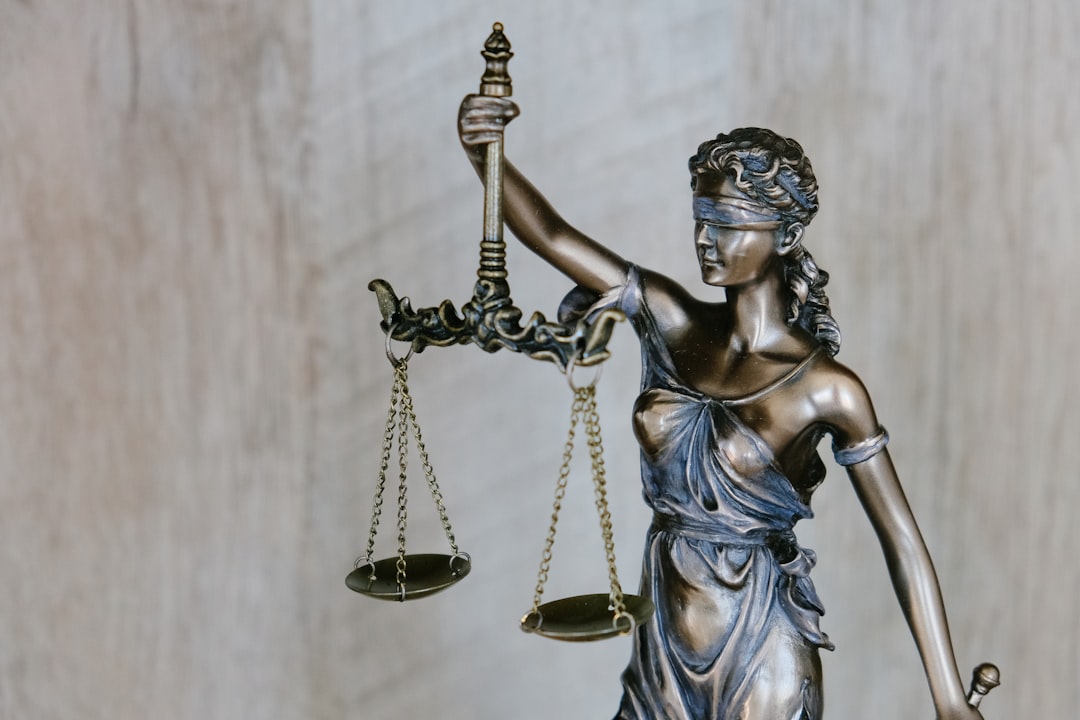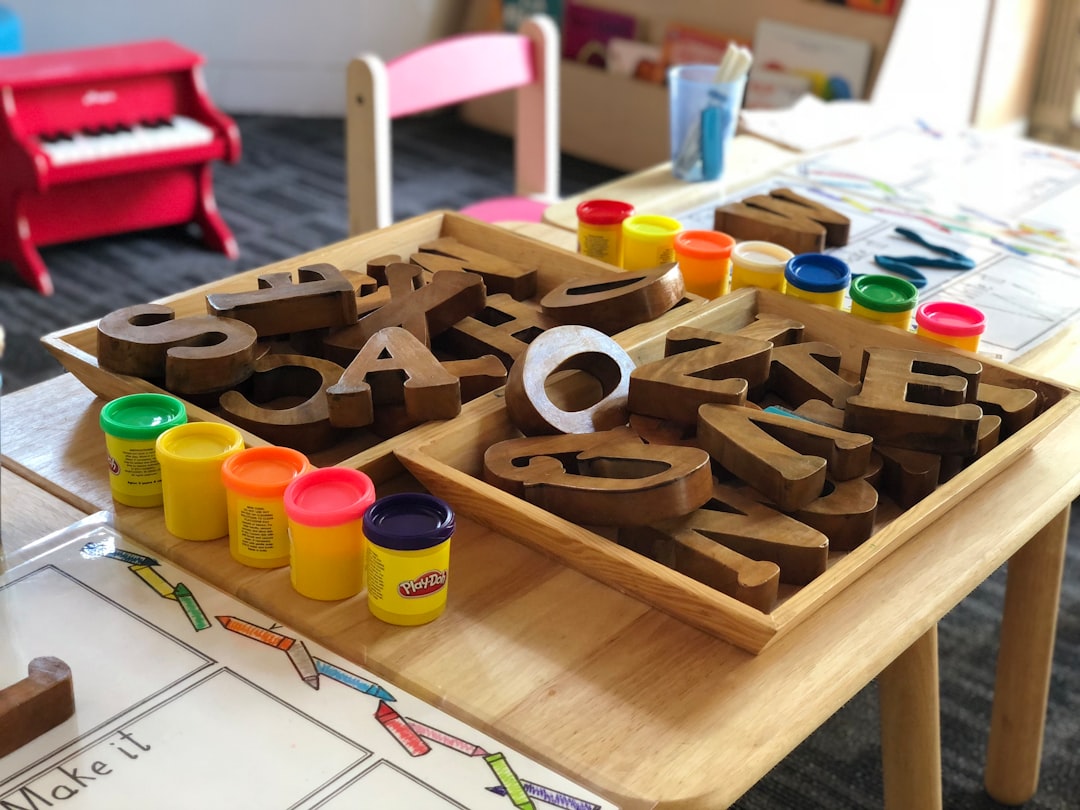New York State enforces strict daycare safety regulations, covering staff ratios, background checks, facility maintenance, and emergency procedures. These laws balance child welfare with daycare center sustainability, aiming to prevent abuse and neglect without overburdening providers. Challenges include a large number of licensed and unlicensed daycares, varying resources, and enforcement through local health departments with limited staffing. Advocacy groups lobby for stricter regulations, inspections, and staff training, leading to policy changes. Loopholes like inadequate staffing ratios and inconsistent background checks have been linked to abuse; future reforms must address these gaps to enhance child protection across all daycares.
“In New York State, ensuring child safety within daycares is a multifaceted challenge influenced by stringent public policy. This article delves into the intricate interplay of laws, regulations, and their impact on protecting vulnerable children from potential abuse. We explore the legal frameworks that govern daycare safety, dissecting the delicate balance between child welfare and institutional interests. Furthermore, we examine enforcement challenges, the advocacy groups’ role, and case studies highlighting existing loopholes. By analyzing these aspects, we aim to illuminate paths for future reforms, emphasizing the critical need for robust daycare safety measures.”
Legal Frameworks: Understanding NY State Laws on Daycare Safety

In New York State, the legal framework governing daycare safety is designed to protect children from potential harm and abuse within these care settings. The state has established comprehensive regulations that daycare centers must adhere to, ensuring a safe and nurturing environment for young minds. These laws cover various aspects, including staff-to-child ratios, background checks for employees, facility maintenance standards, and protocols for handling emergencies or suspected child abuse.
NY State’s laws on daycare safety are stringent, reflecting the state’s commitment to safeguarding its youngest residents. Any violations can result in legal consequences for daycares, including fines and license suspensions. Moreover, parents and caregivers have rights and resources available to them, such as seeking guidance from a daycare abuse lawyer in New York, should they suspect any form of maltreatment or neglect within these facilities.
Child Welfare vs. Institutional Interests: Balancing Act of Regulation

In the complex landscape of child care, a delicate balancing act unfolds between the paramount interest of child welfare and the institutional interests of daycares. Public policy plays a pivotal role in this equilibrium, striving to protect children while ensuring the sustainability of daycare centers. The challenge lies in implementing regulations that prevent abuse and neglect without unduly burdening providers, especially smaller, community-based facilities.
New York State’s approach to child safety in daycares has evolved, reflecting a growing awareness of the need for stringent yet flexible standards. A daycare abuse lawyer in New York would argue that effective policy should empower caregivers while holding institutions accountable. This balancing act demands a careful consideration of resources, training, and legal frameworks to create a safe environment without stifling the spirit of care and nurturing that defines quality daycares.
Enforcement Challenges: Ensuring Compliance Across Diverse Daycares

Enforcing child safety regulations in daycares across diverse communities in New York State presents a unique set of challenges. With thousands of licensed and unlicensed daycares operating throughout the state, ensuring consistent compliance with safety standards is no trivial task. The complexity increases when considering the varying resources, sizes, and locations of these facilities, which can range from home-based operations to large institutional settings.
Professional daycare abuse lawyers in New York highlight that effective enforcement requires a tailored approach. Local health departments play a crucial role in inspections and oversight but often struggle with limited staffing and resources. This challenge necessitates innovative strategies, including technology-driven solutions, to streamline compliance monitoring. Enhancing communication and collaboration between regulatory bodies, childcare providers, and legal experts can foster a culture of accountability, ultimately safeguarding the well-being of children across NY State.
The Role of Advocacy Groups in Shaping Safety Policies

Advocacy groups play a pivotal role in shaping safety policies for daycares across New York State. Organizations dedicated to child welfare and protection actively lobby for stricter regulations, often responding to high-profile cases of daycare abuse that grab public attention. These groups press policymakers to enact and enforce laws that mandate higher standards of care, regular inspections, and comprehensive training for daycare staff. By amplifying the voices of concerned parents and advocates, they drive changes that ultimately enhance child safety.
In New York, several advocacy groups have made significant strides in pushing for legislation that addresses daycare abuse. Their efforts have resulted in stricter licensing requirements, enhanced reporting mechanisms, and increased penalties for non-compliance. These initiatives not only deter potential abusers but also empower parents to make informed decisions about their children’s care. The ongoing collaboration between advocates, policymakers, and the legal community ensures that safety policies evolve in response to emerging trends and concerns, ultimately safeguarding New York’s youngest residents.
Impact and Loopholes: Case Studies and Future Reforms

The impact of public policy on child safety regulations in New York State’s daycares is profound, yet complex. While well-intentioned laws and guidelines significantly enhance overall safety, they also create a landscape where loopholes can arise. Case studies of past incidents, such as the notorious daycare abuse cases handled by experienced New York daycare abuse lawyers, highlight these gaps. For instance, inadequate staffing ratios and inconsistent background checks have been linked to instances of physical and emotional harm.
Looking ahead, future reforms must address these loopholes through robust legislation. This includes mandating stricter staff-to-child ratios, enhancing training programs for caregivers, and implementing uniform background check protocols. By strengthening these regulations, New York can ensure that all daycares operate with the highest safety standards, protecting young minds and providing peace of mind for parents across the state.






